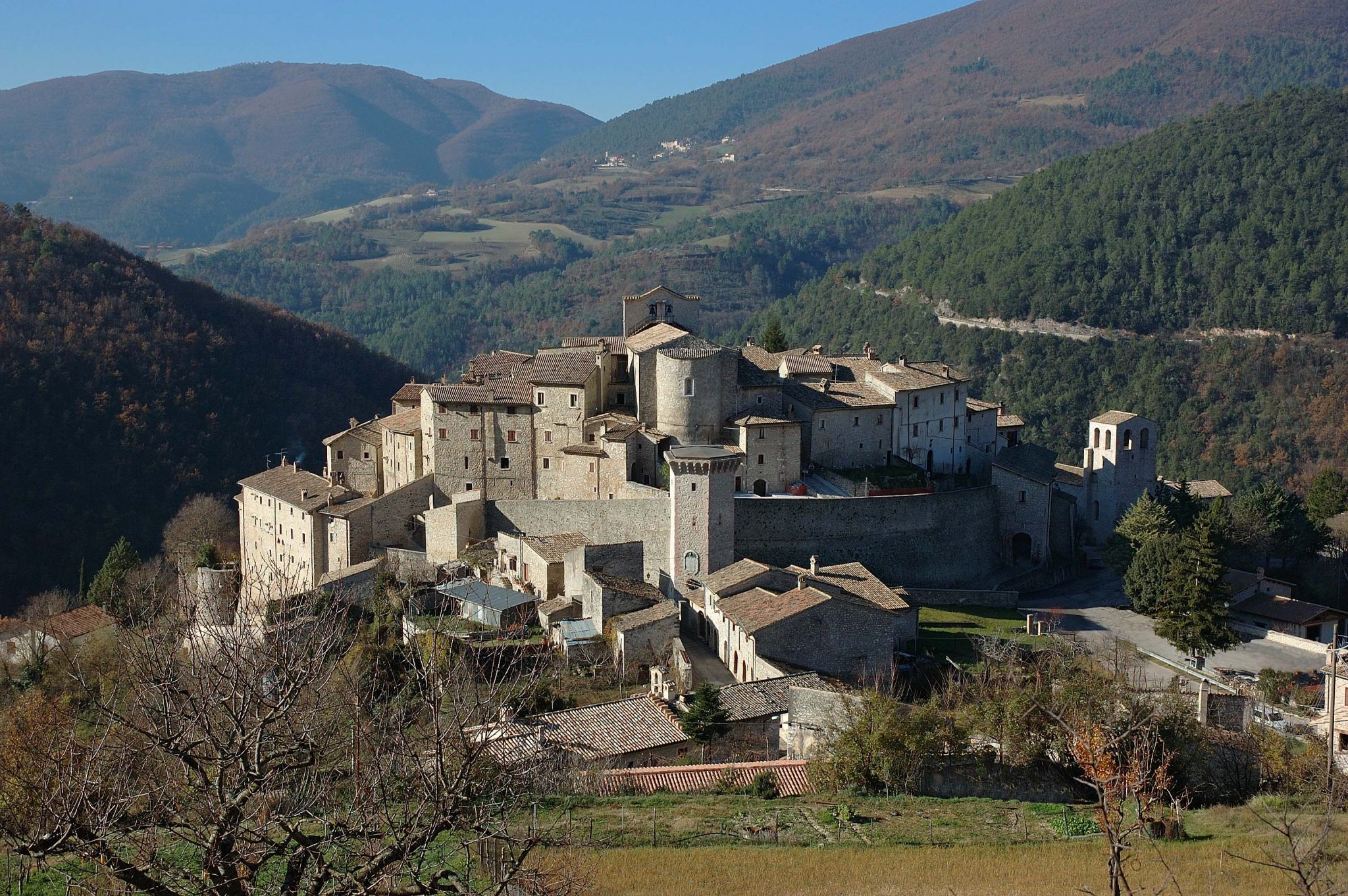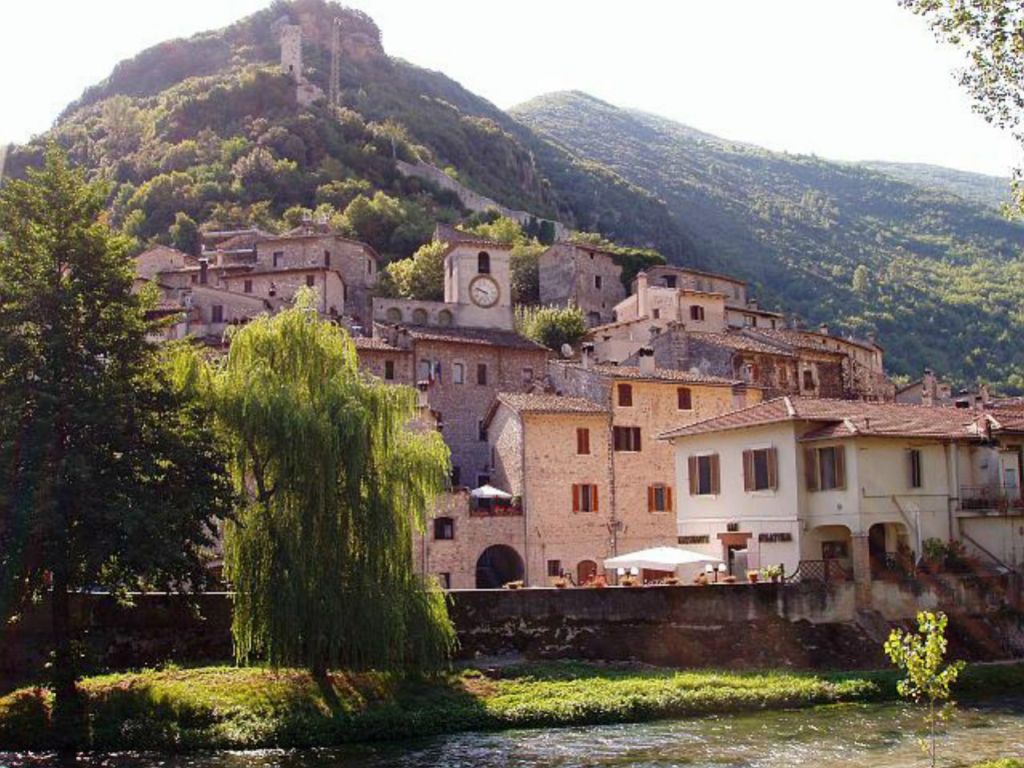The judgment on this sixteenth-century character from Valnerina is still suspended between Res gestae and Historia rerum gestarum. Let’s see what it is.
Res gestae and Historia rerum gestarum
No story can be defined as purely true, since, especially in the past, the difference between events that happened and their narration, between Res Gestae and Historia Rerum Gestarum, was more evident. While the Res Gestae are facts that happened, the Historia Rerum Gestarum is the story of events. In essence, it is the difference between History, which however maintains its semantic ambiguity, and Historiography.
Over time, man seems to have developed an interest in falsifying history, or in any case in telling it in a way that is too subjective, just think of the Moro case. Knowledge of the context and sources has not always been used to analyze an event with the will to understand it, just as it has often even led to revisionism and denialism that have always clogged the Italian public debate. It is therefore not uncommon for everything to be transformed into shared memory, practically a widespread forgetfulness that has led to historical falsehood.

Petrone da Vallo
Clear examples have been the stories of the Scots William Wallace, leader, patriot and protagonist of guerrilla warfare against the English occupation and Rob Roy, brigand and hero, not to mention Robin Hood, of whom even today we do not know exactly whether to qualify him as a popular hero or a bandit.
Valnerina also gave birth to a character who in some ways is indecipherable for the activities he carried out: Petrone da Vallo. We know very little about Petrone and it is perhaps precisely for this reason that his historical placement is balanced between the ferocious rebel and the lively defender of rights. I would dare to say that there is a void between the events that occurred, between his res gestae and their narration. Historiography, in my opinion, has overemphasized the role of delinquent!
Even in Valnerina the revolts of the “excluded” occurred
From the mid-fourteenth century to the beginning of the sixteenth century there were many revolts of the excluded. They were nothing more than uprisings against privileges, an expression of unease towards the nobility, the mercantile oligarchies, the ecclesiastical hierarchies, but above all rebellions against the Counties, Duchies, Grand Duchies and Kingdoms guilty of imposing increasingly onerous taxes. Yes, even 500 years ago people rebelled against the tax system and asked for what they ask for today: transparency and fair taxation. Almost at the same time as the famous German Peasants’ War, which occurred between 1524 and 1526, there was the rebellion of the castles of Valnerina. In 1522 the Municipality of Spoleto organized, outside of the established agreements, a levy of a thousand infantry from all over the Duchy. The reason was to bring help to the Roman Orsini family who, together with Malatesta Baglioni, and in defense of power interests, declared war on Siena and Florence. The Castles of Valnerina, already tested by the exorbitant tax system, allied themselves and withdrew from the dominion of Spoleto, not accepting this exorbitant obligation of conscription. Scheggino remained outside, attracting the hatred of the nearby castles, as did Rocchetta, which remained faithful to the Duchy of Spoleto, courageously defending itself against the Spoleto exiles.

Petrone’s Res Gestae
Historiography, in interpreting this rebellious phase, describes Petrone as a rebel, as the leader of a band of rebels and despicable bandits, as seditious and subversive. In part, or perhaps in all, this may be true as he was the commander, together with Piccozzo Brancaleoni, of a group of revolutionaries, but their aim was more than noble: to rebel against continuous impositions of taxes and illogical requests for military enlistment.
While the revolutionary deeds led William Wallace to be the Scottish national hero, for Petrone, albeit in different historical contexts and of smaller dimensions, the judgment is still suspended.
Suspended as if from a sociological point of view, Petrone was outside the mainstream of then as it is today. A character therefore outside the trends in the field of ideas, preferences, collective or individual behaviors, which are followed by the majority of people and constitute precisely a trend.
The Killing of the Governor and the Atrocious End of Petrone
Returning to history in the strict sense and therefore to Petrone’s Res Gestae, I conclude by telling you what happened in that turbulent year of 1523. Petrone and Piccozzo Brancaleoni had positioned themselves around the castles of Valnerina to subdue them and work with them. The Governor of Spoleto, Alfonso da Cardona, fearing to lose those territories rode towards Vallo which, as we read in the Spoleto annals, “was taken, filled with ruins and blood and stripped of everything”. Petrone and the Governor, with a small armed entourage – believing it was sufficient to repress the audacity of those exiles – met at the Piedipaterno bridge on the Nera river; there was a heated argument and Petrone fell from his horse following a blow from the Governor; then his companions mortally wounded Alfonso da Cardona, despite his brave defense.
The fact was considered of unprecedented gravity and pushed the Spoleto army to hunt down Petrone, who was under sentence of death. During the escape, Petrone hid in a farmhouse where he was discovered and burned alive along with his son. The rebel’s body, with his hands cut off and hanging from his neck, was brought to Spoleto as a warning to traitors.
I conclude by emphasizing once again that, while Petrone’s Res Gestae are few and well-defined, it is the Historia Rerum Gestarum that must clarify once and for all how to define Petrone: a bandit and ferocious rebel or a fierce defender of the rights of Valnerina?
Domenico Arcangeli
Latest posts by Domenico Arcangeli (see all)
- Castelbuono, Brufa and the Yorkshire Sculpture Park - July 3, 2025
- Caterina Franceschi Ferrucci: «Let me study or nothing will happen!» - May 13, 2025
- Cuppano from Montefalco, leader of the Black Bands - January 10, 2025

